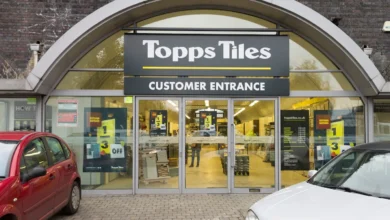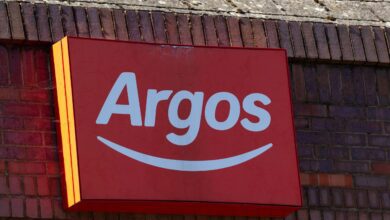Retail insolvencies hit 72,000 as risks mount for firms
Price Bailey warned that businesses in this highest risk category face difficulty securing funding without personal guarantees and are likely to face winding-up petitions or dissolution notices in the next year

Register to get 1 free article
Reveal the article below by registering for our email newsletter.
Want unlimited access? View Plans
Already have an account? Sign in
More than 72,000 UK retail businesses are now technically insolvent, with over half at imminent risk of closure, according to analysis by accountancy firm Price Bailey.
The firm said exactly 72,625 retailers, which represents about 15% of the sector, have negative net assets on their balance sheets. Of these, 37,332 are rated in the “Maximum Risk” category by Delphi credit scores, up 14% from 12 months earlier.
In light of this, Price Bailey warned that businesses in this highest risk category face difficulty securing funding without personal guarantees and are likely to face winding-up petitions or dissolution notices in the next year.
Adam Norman, partner and retail sector specialist at Price Bailey, said: “The early signs are that the tax and minimum wage hikes which took effect in April are already tipping some struggling retailers over the edge.
“More than one in 10 retailers are technically insolvent and at imminent risk of collapse. These businesses will find it almost impossible to access extra funding unless the owners provide personal guarantees, which few are likely to do in the current climate.”
Matt Howard, partner and head of insolvency and recovery at Price Bailey, said the sector is suffering from “deep-rooted structural issues” including prolonged margin compression, rising costs and a consumer base still recovering from inflation and interest rate rises.
Howard added: “Delphi Risk scores are forward-looking, so this signals a growing cohort of retailers teetering on the edge – many of whom may already be locked out of credit markets or facing creditor pressure. Many are zombie businesses, surviving only through deferrals, forbearance or director guarantees.”
The firm also noted that 200 retailers went bust in May – the highest monthly total since June 2024, when 211 entered insolvency.
Price Bailey identified several factors that have worsened conditions for retailers since April, due to a combination of higher employer National Insurance contributions; consumer prices index inflation; and the rise in the national living wage for workers aged 21 and over.







